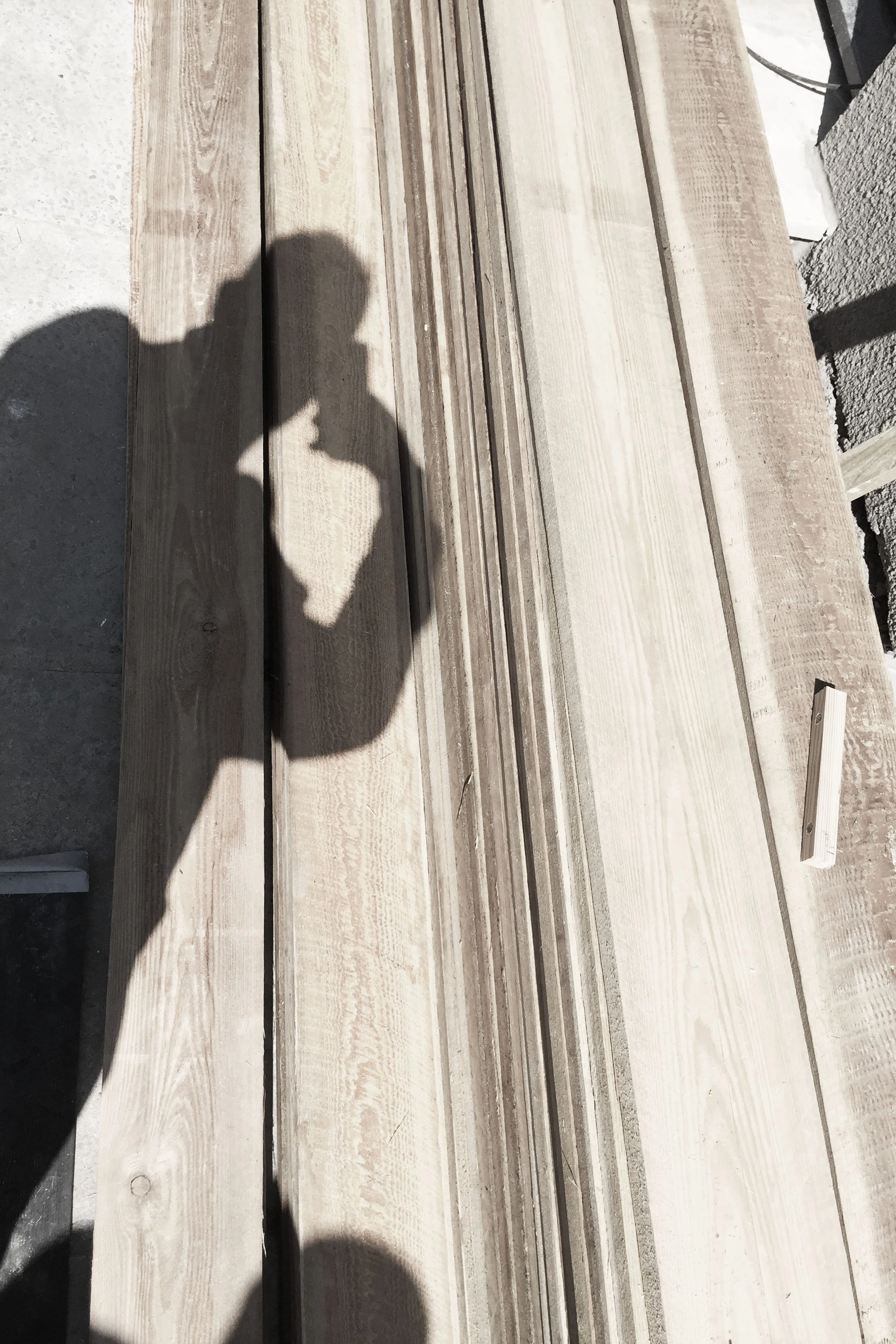The Local
February 2024
Before establishing the office much of my experience in practice centered around prominently cultural and commercial work in London. In a global city like London, the idea of the local is an almost intangible concept. The tendency to revert to the adoption of superfluous form is not distinct to London but it is a far more prominent feature in this City than in many others. As a consequence of mass manufacture and standardisation a globalist model of construction arose out of modernism. Consumption and the cheapness and availability of things have created a city that borrows and multiplies at the expense of the local.
After starting the practice our understanding of the importance of the local (and I mean that as a broad term) was impacted by these previous experiences in practice. Our work is split equally between the metropolis of London, the regional city, the semi-rural, and the rural. It is in the last two that our idea of the local originates. In much of our work, we engage in the local. Be it our understanding of culture, site, and craft. We make every effort to understand the context in which we are working the intention being that this will inform our understanding of the local. To offer an example. As a practice, we try to work with local joiners who with us understand the nuances of weather and climate. We are then able to establish the tolerances required in a particular timber.
It is an astonishing fact that within the next decade, most people on this planet will live less than 24 hours in a form of one travel or another from one another. Human beings have created a localised planet but the climate is footing the bill. There has been plenty of coverage recently relating to the concept of the 15-minute city. This is not a new idea however, we are lucky enough to live a short walk from our office and cycle or walk to most of our projects, and if further afield would take the bus or a train but always with our bike. This is not us virtue signalling but originates out of an approach to life and Architecture that favours the local over the global.
An understanding of the nuances of the local enhances the narrative of a project, utilises local trades and professions and acknowledges the benefits this can have to the end user and the climate.


